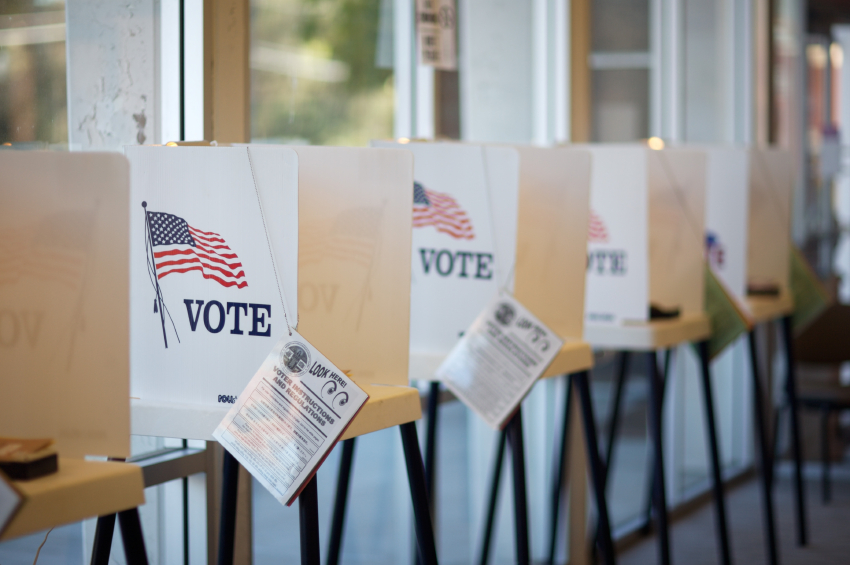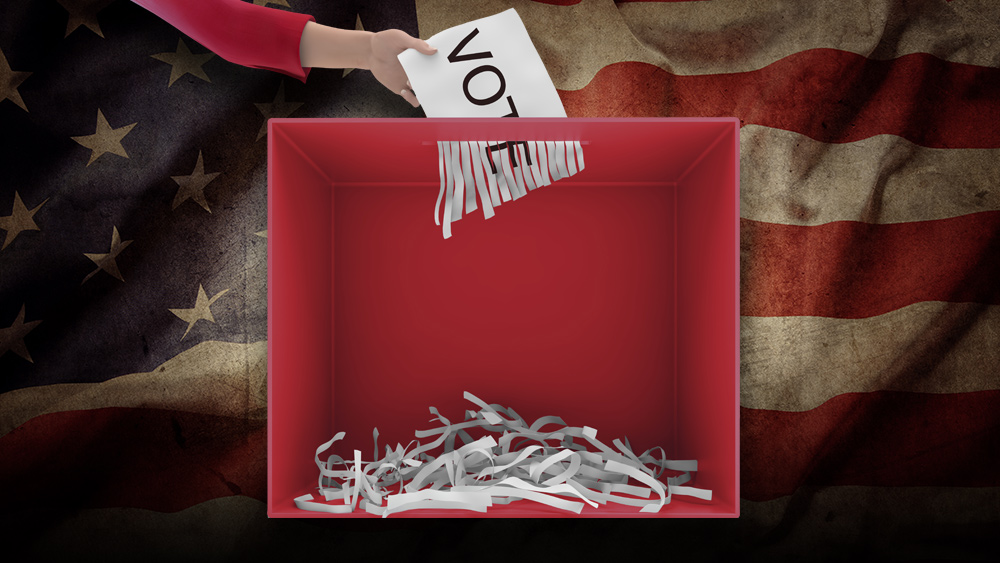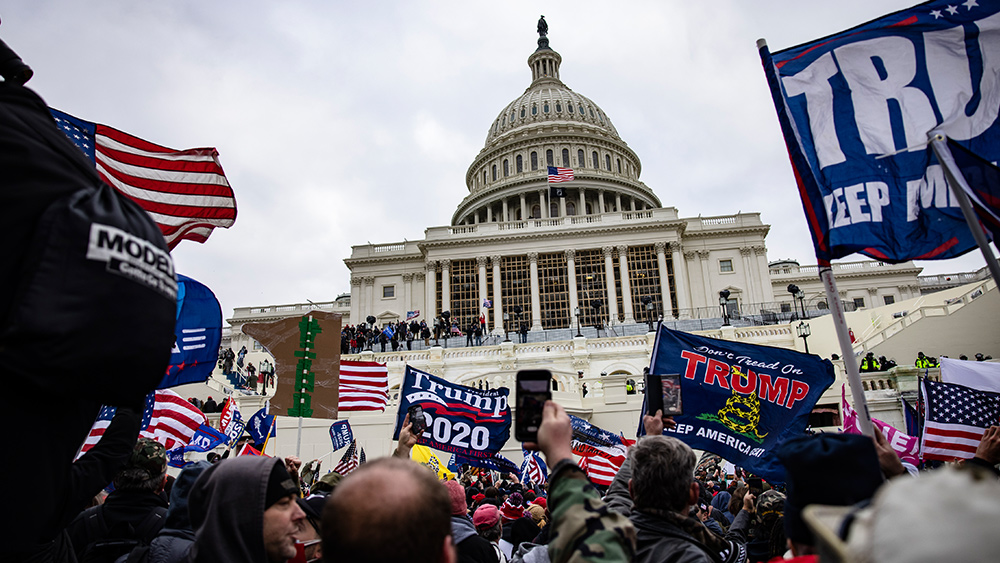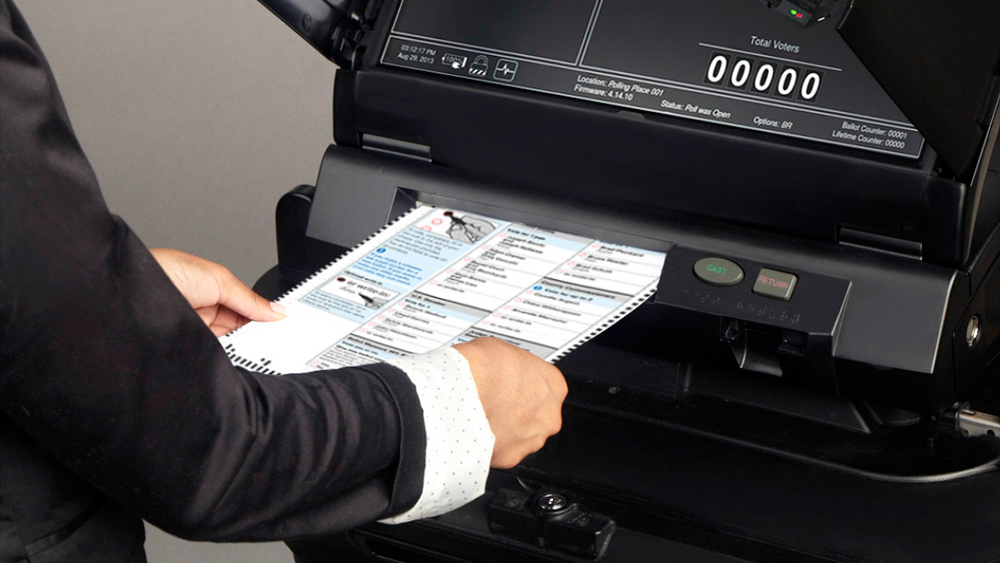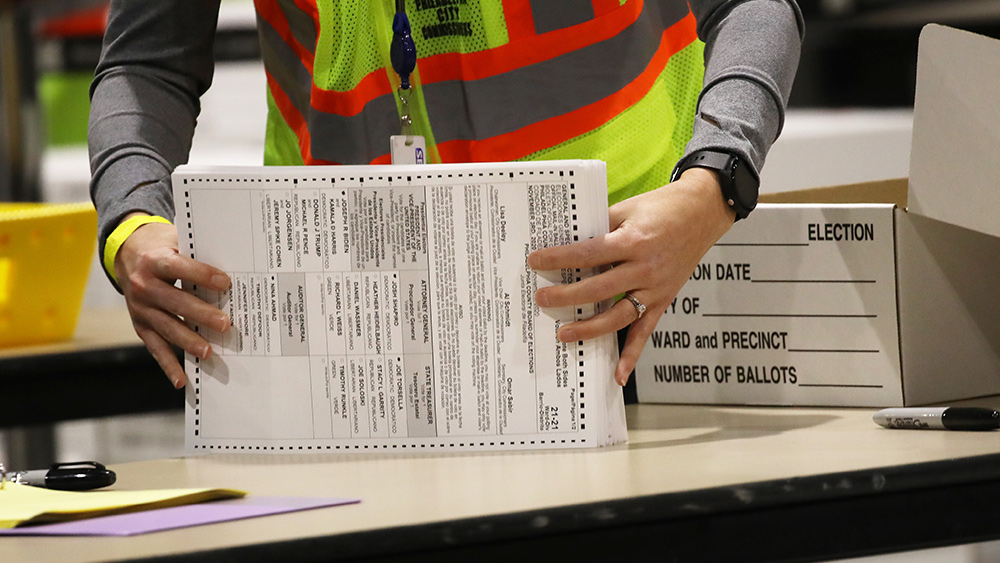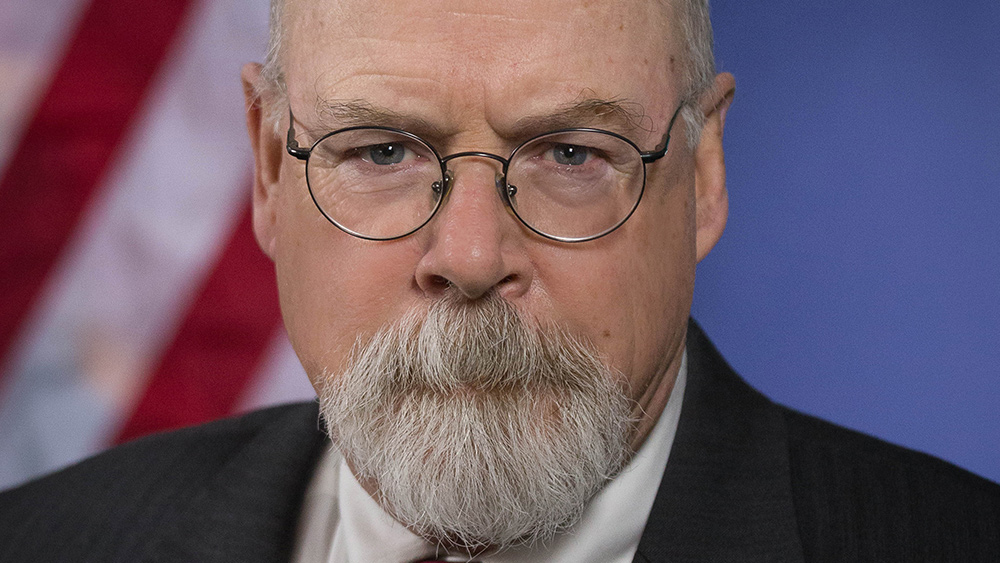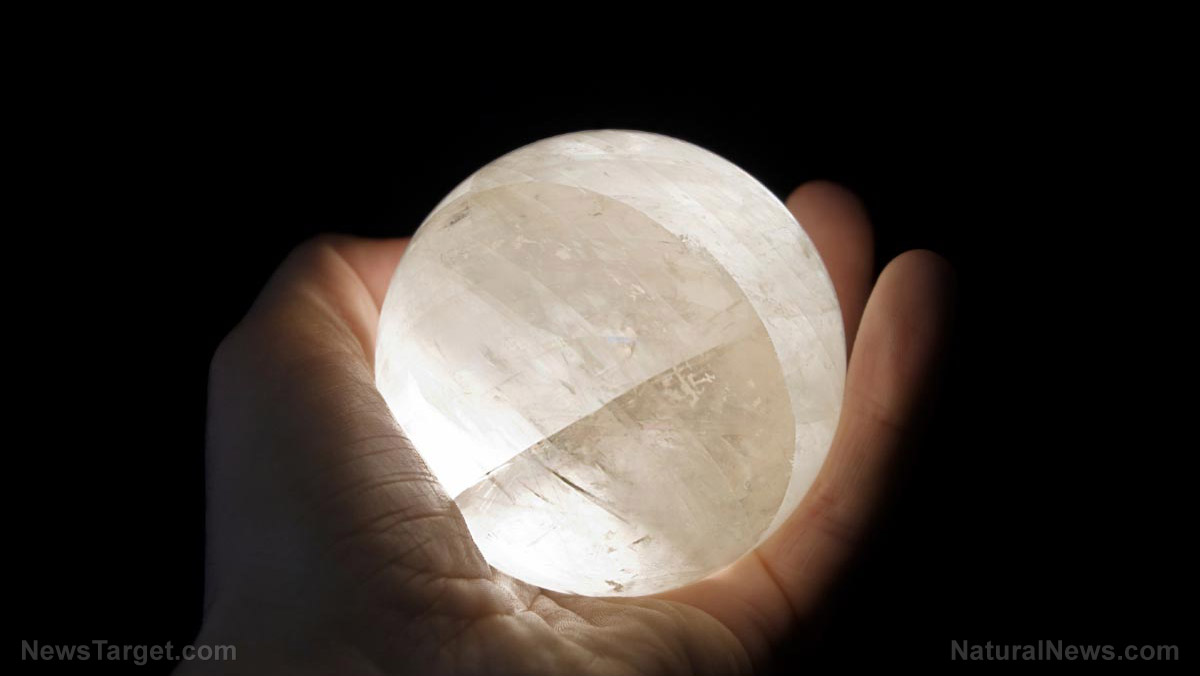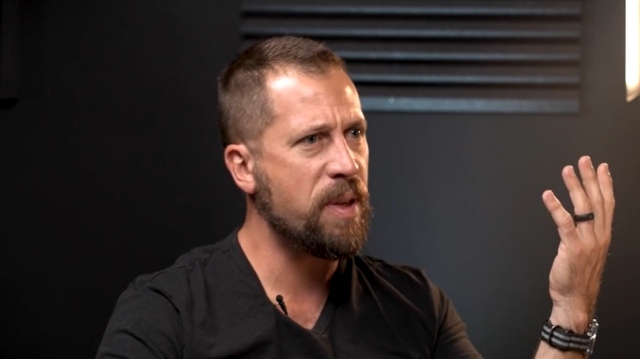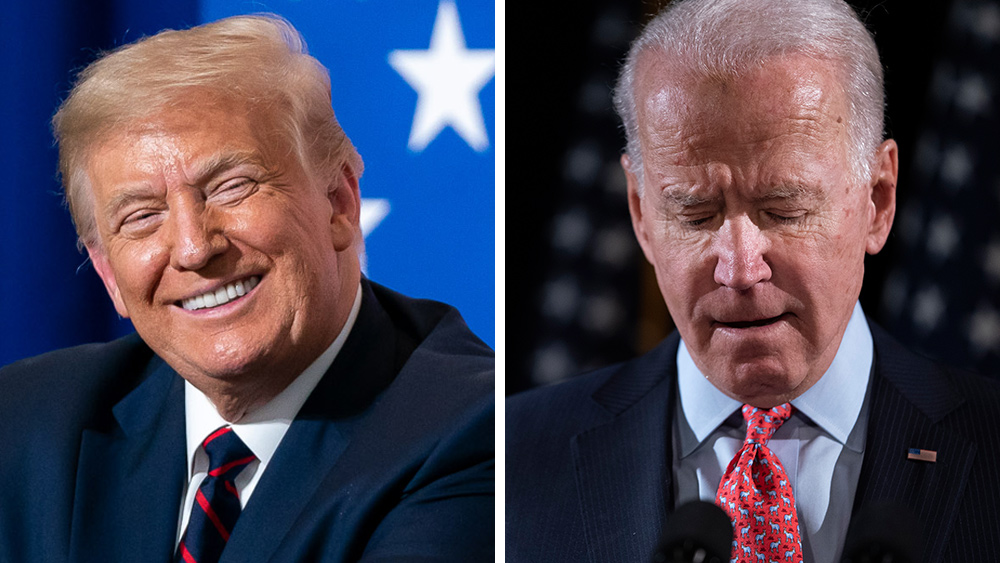BREAKING: President Trump just ended hemp prohibition across America, legalizing industrial hemp farming nationwide
12/21/2018 / By Mike Adams
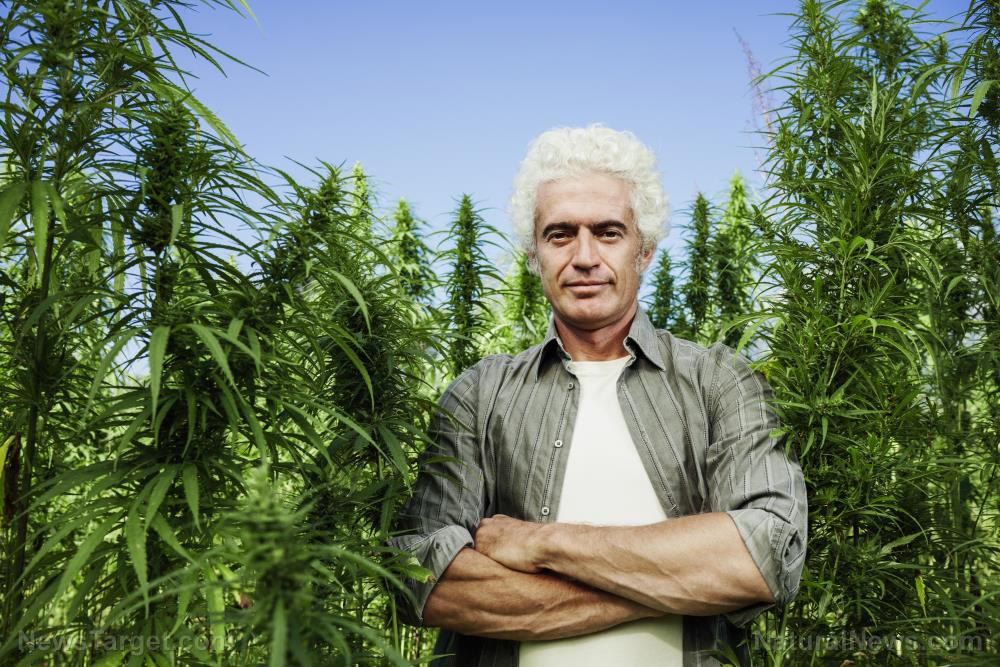
Achieving another breathtaking win for the American people while fighting against a criminal, corrupt establishment, President Donald J. Trump just legalized industrial hemp nationwide by signing the new Farm Bill into law. The hemp legalization provision was spearheaded by Senate Majority Leader Mitch McConnell (R-KY), further demonstrating that Republicans support hemp legalization and agricultural freedom.
After nearly 50 years of prohibition, industrial hemp will be legal to grow across America beginning January 1, 2019. It’s another huge victory that helps Make America Great Again by unleashing the power of agricultural freedom and natural health.
“This law marks the first change in the federal classification of the cannabis plant since it was initially classified as a schedule I controlled substance by Congress in 1970, and paves the way for the first federally-sanctioned commercial hemp grows since World War II,” said NORML Deputy Director Paul Armentano. NORML also adds:
The hemp-specific provisions of the 2018 Act amend the federal Controlled Substances Act of 1970 so that hemp plants containing no more than 0.3 percent THC are no longer classified as a schedule I controlled substance under federal law.
“Although hemp will no longer be in the jurisdiction of the Department of Justice, prospective growers will have to submit cultivation plans to the U.S. Department of Agriculture (USDA), either through the state government or the USDA itself,” reports Marijuana Moment.
CBD and other cannabinoids are essentially “de-scheduled” from the Schedule I controlled substance list, but only if they are produced in accordance with the Farm Bill stipulations, meaning growers must comply with state and federal regulations which are so far not described anywhere. The USDA will reportedly regulate hemp production now, and states that wish to exert more restrictive state controls must coordinate their plans with the USDA. As NORML reports:
The Act (Section 297B) permits those US states that wish to possess “primary regulatory authority over the production of hemp” to submit a plan to the US Secretary of Agriculture. The agency has 60 days to approve, disapprove, or amend the plan. In instances where a state-proposed plan is not approved, “it shall be unlawful to produce hemp in that state … without a license.”
The Brookings Institution further explains:
It explicitly allows the transfer of hemp-derived products across state lines for commercial or other purposes. It also puts no restrictions on the sale, transport, or possession of hemp-derived products, so long as those items are produced in a manner consistent with the law.
FDA still claims total control over CBD, but may relax its restrictions in the near future
Under the leadership of the Trump Administration, the FDA is indicating it may pursue regulatory reforms to legalize CBD in dietary supplement products nationwide. Via a December 20 announcement from the FDA:
Among other things, this new law changes certain federal authorities relating to the production and marketing of hemp… These changes include removing hemp from the Controlled Substances Act, which means that it will no longer be an illegal substance under federal law.
At first, the FDA reiterates that it maintains total control over CBD and that CBD is currently not allowed to be sold as a dietary supplement for the bizarre reason that certain companies are studying CBD for use as a possible prescription medication:
Additionally, it’s unlawful under the FD&C Act to introduce food containing added CBD or THC into interstate commerce, or to market CBD or THC products as, or in, dietary supplements, regardless of whether the substances are hemp-derived. This is because both CBD and THC are active ingredients in FDA-approved drugs and were the subject of substantial clinical investigations before they were marketed as foods or dietary supplements. Under the FD&C Act, it’s illegal to introduce drug ingredients like these into the food supply, or to market them as dietary supplements.
That said, the FDA signals its willingness to hold conversations with industry leaders with the possible outcome of issuing new regulations that would eliminate its current restrictions on the selling of CBD-based dietary supplements. “[T]he FDA has authority to issue a regulation allowing the use of a pharmaceutical ingredient in a food or dietary supplement,” says the FDA, implying that CBD is a “pharmaceutical ingredient” even when CBD has been around for millions of years, long before pharmaceutical companies even existed. “We are taking new steps to evaluate whether we should pursue such a process.”
The FDA further explains it will hold public meetings to solicit input on further regulatory changes it might pursue:
Given the substantial public interest in this topic and the clear interest of Congress in fostering the development of appropriate hemp products, we intend to hold a public meeting in the near future for stakeholders to share their experiences and challenges with these products, including information and views related to the safety of such products.
We’ll use this meeting to gather additional input relevant to the lawful pathways by which products containing cannabis or cannabis-derived compounds can be marketed, and how we can make these legal pathways more predictable and efficient.
Stay informed on hemp, cannabis and medical marijuana at HempScience.news.
Submit a correction >>
Tagged Under:
Cannabinoids, cannabis, CBD, Farm Bill, hemp, Hemp Oil, hemp seeds, industrial hemp, legalization, marijuana, President Trump, Prohibition, White House
This article may contain statements that reflect the opinion of the author
RECENT NEWS & ARTICLES
Trump.News is a fact-based public education website published by Trump News Features, LLC.
All content copyright © 2018 by Trump News Features, LLC.
Contact Us with Tips or Corrections
All trademarks, registered trademarks and servicemarks mentioned on this site are the property of their respective owners.


